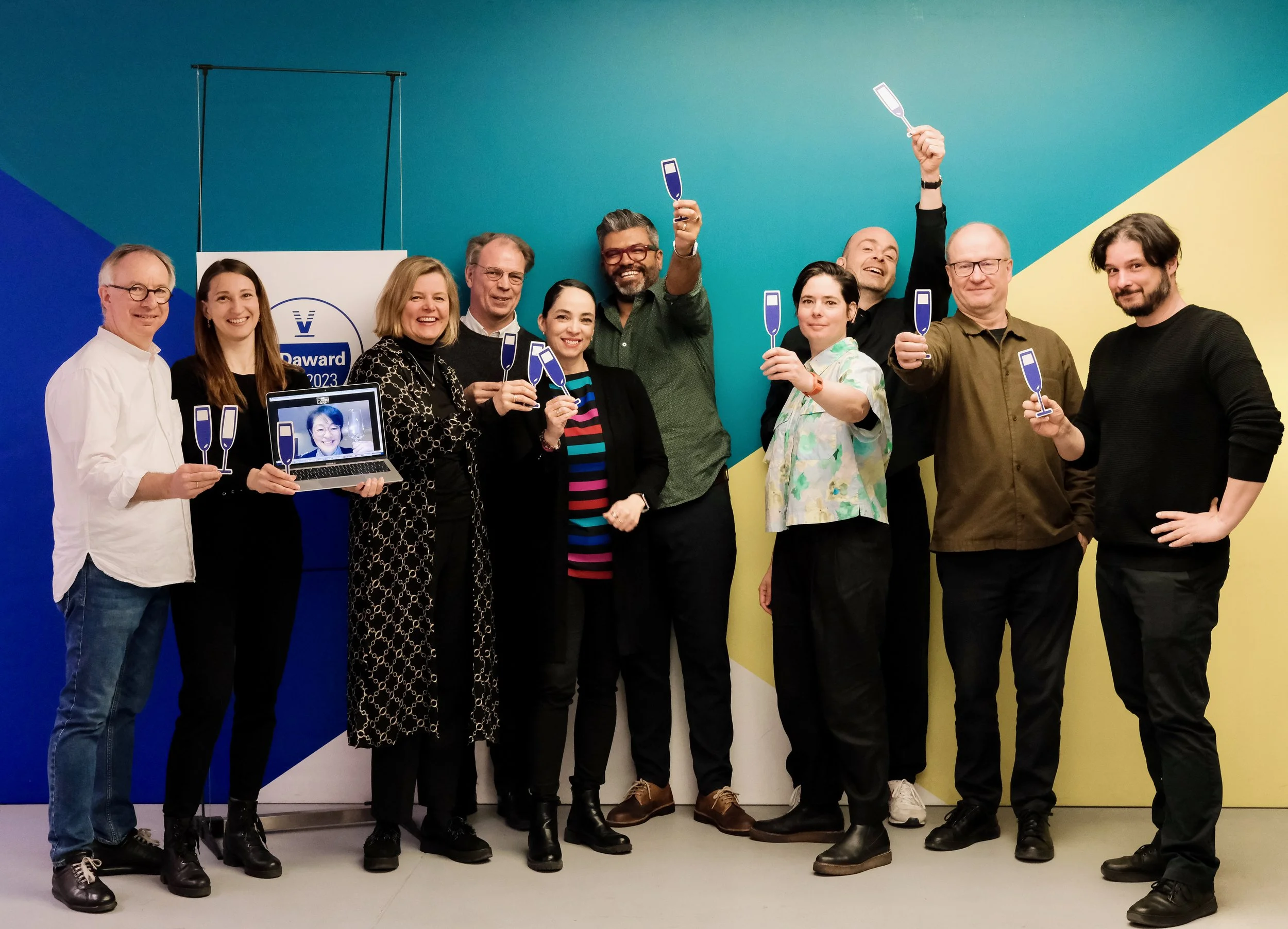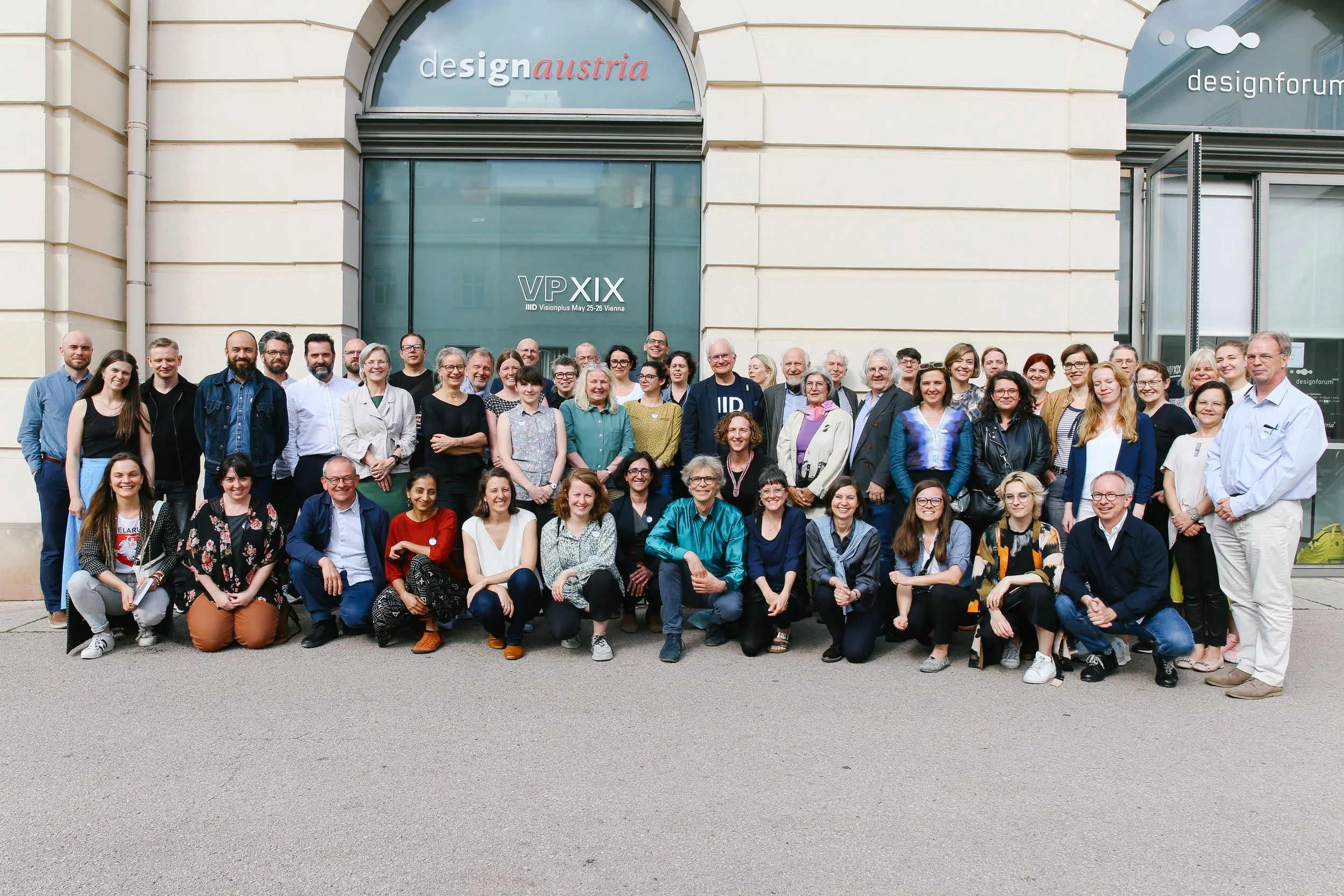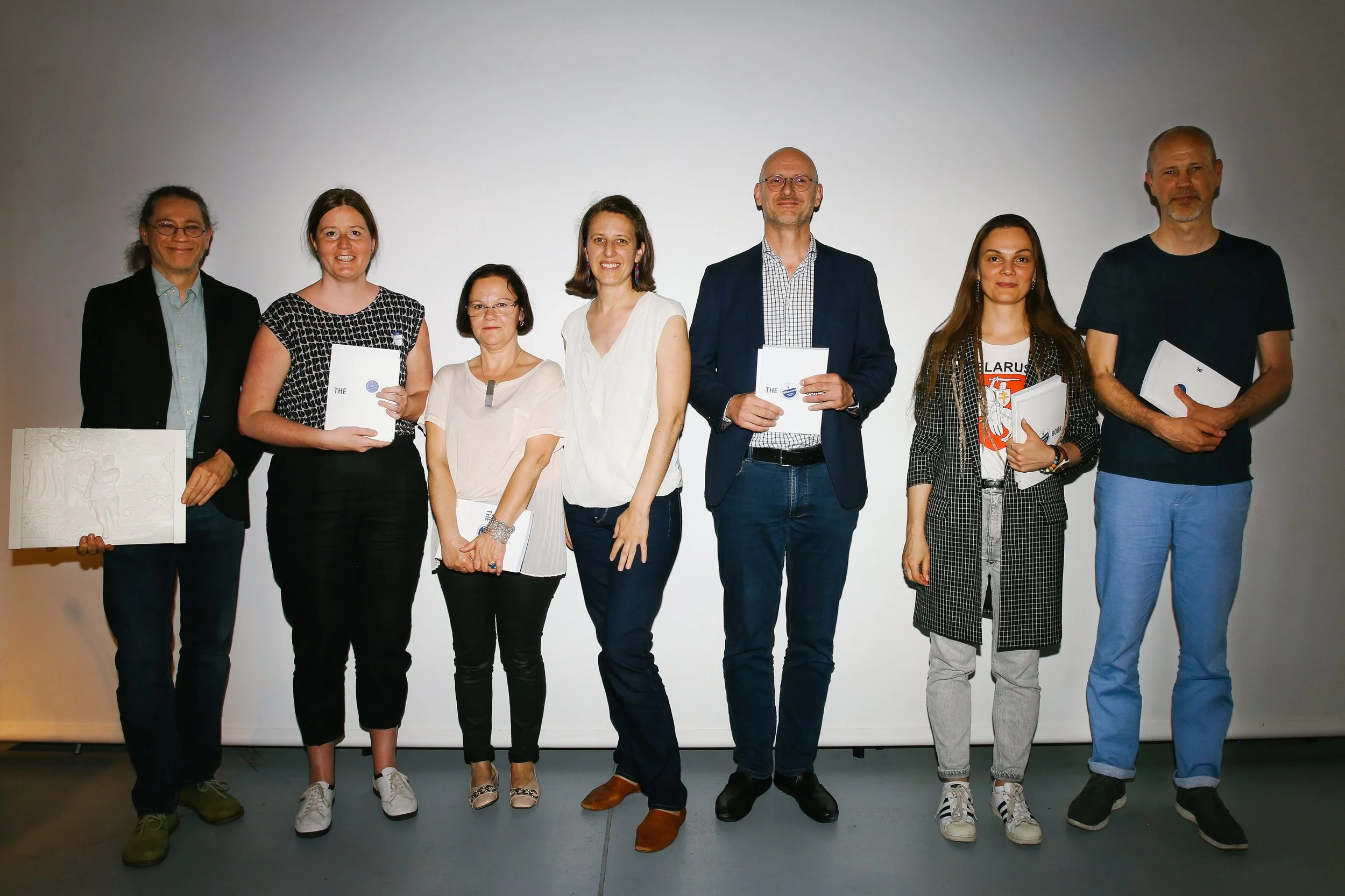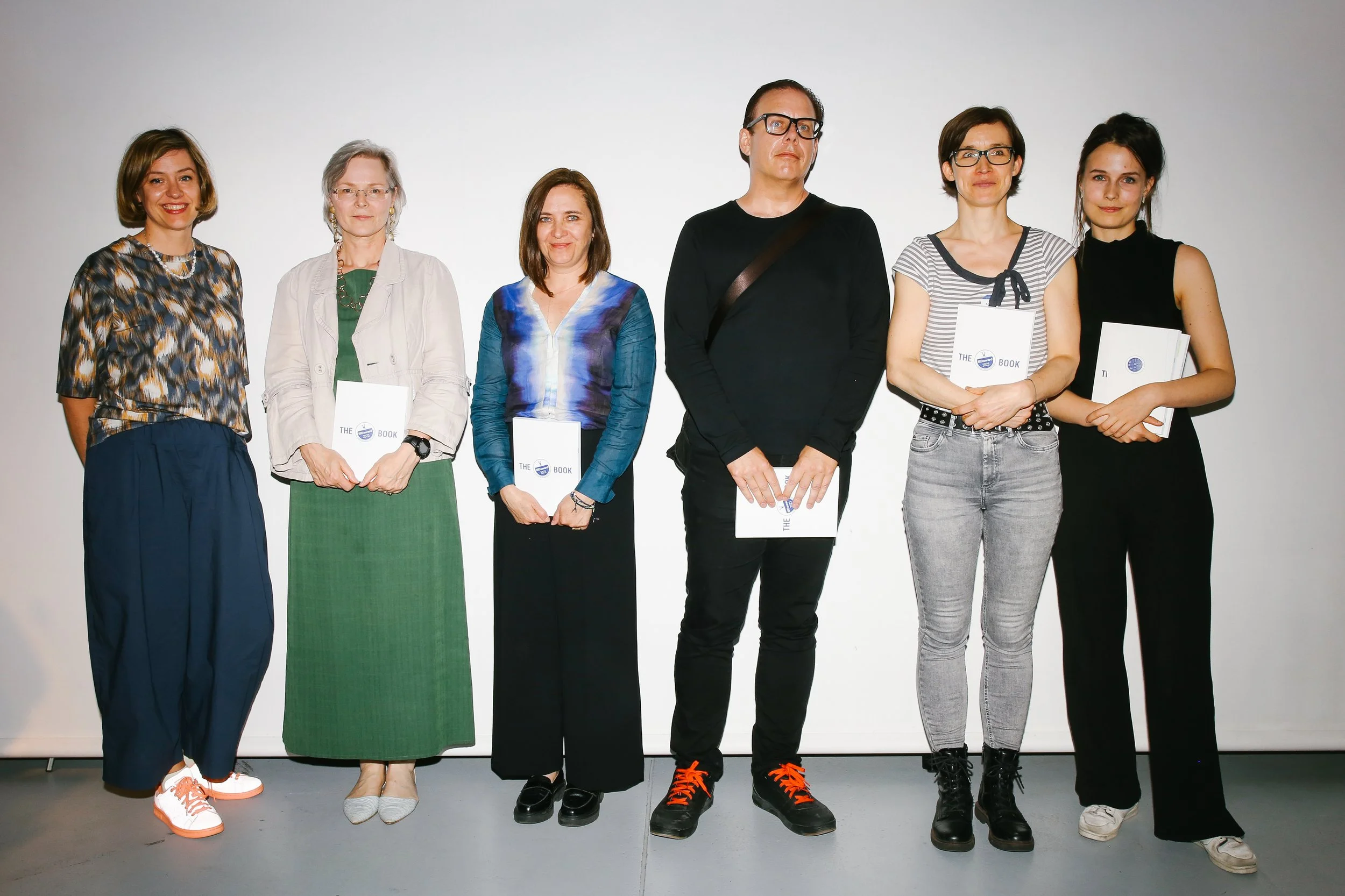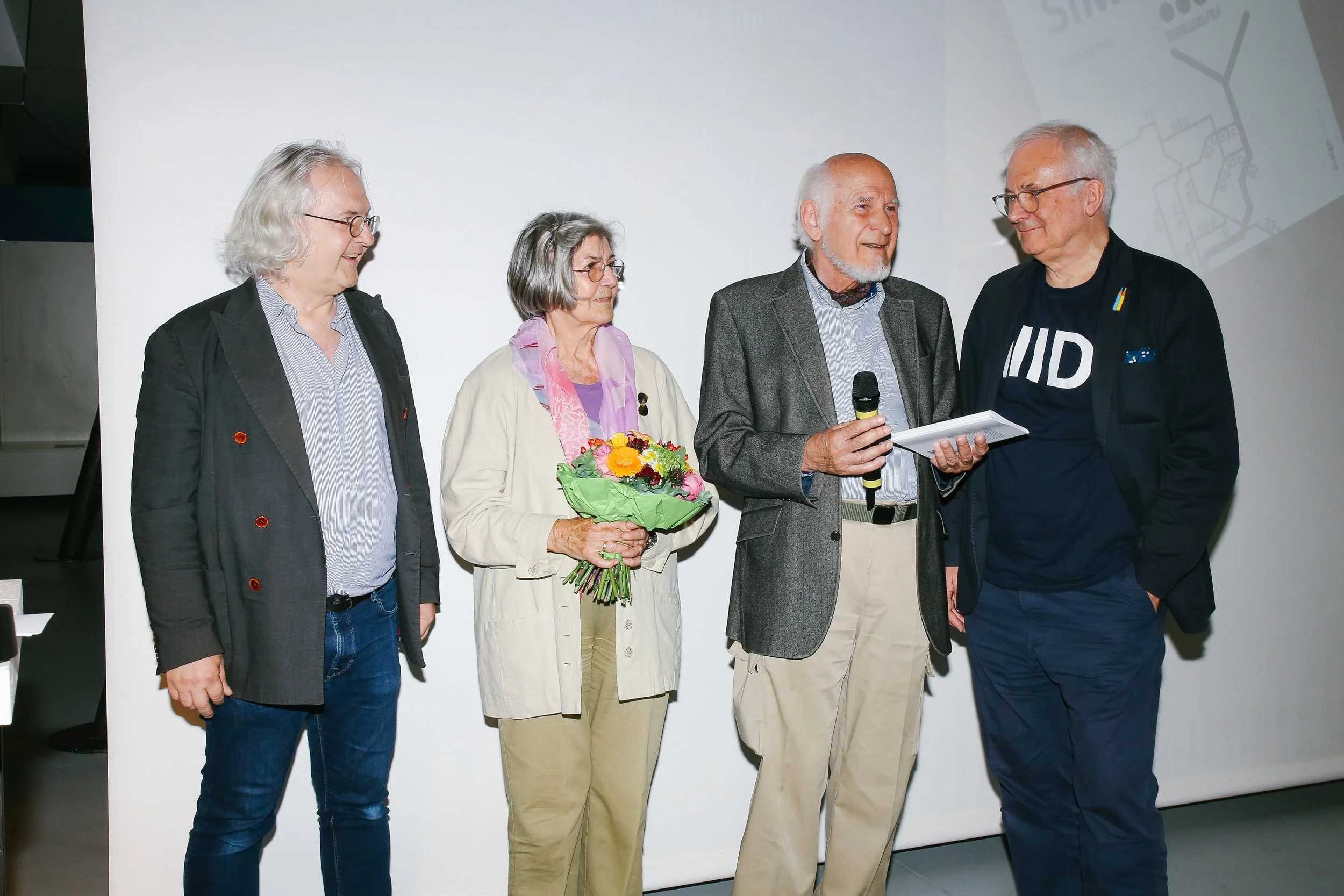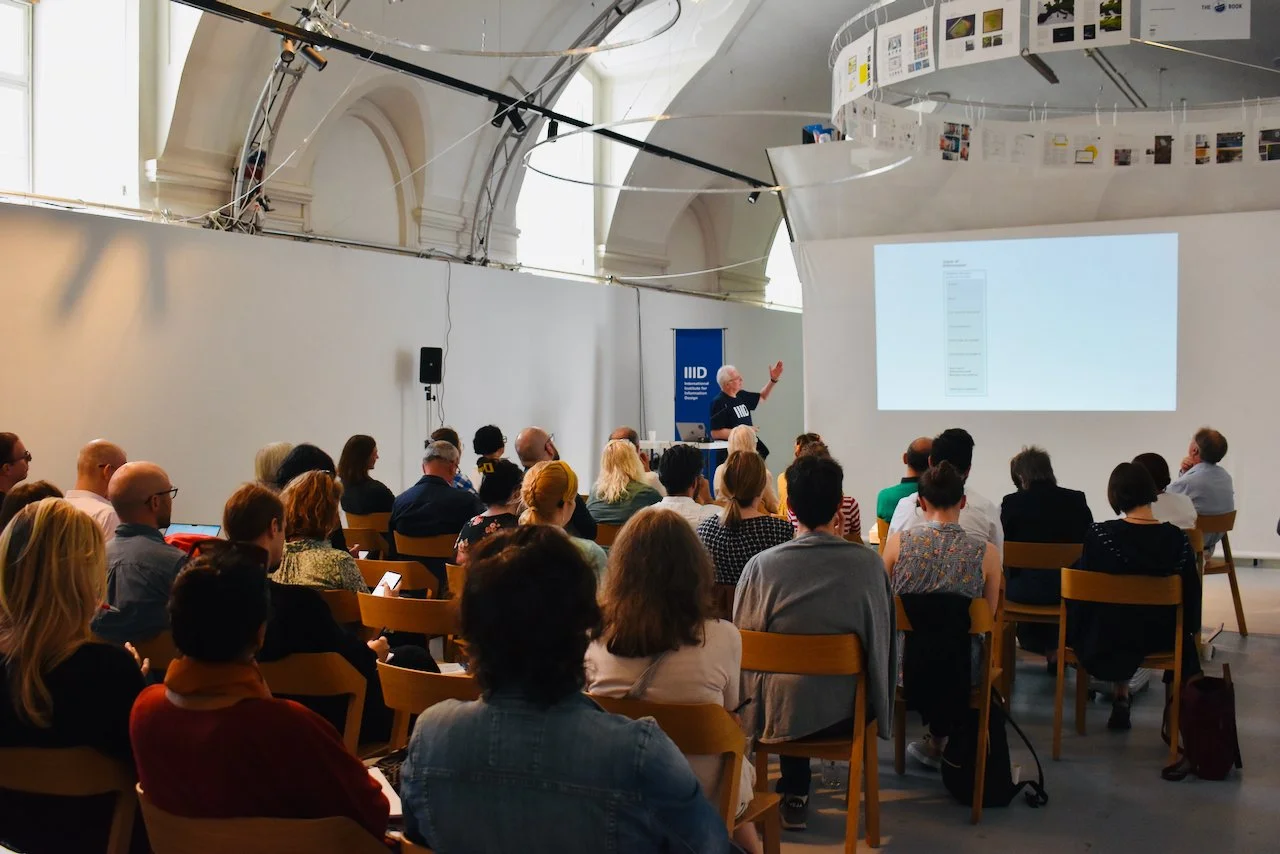be specific
Categories
-

Climate Change
Focused on the relevance of ecological issues and impact on natural resources as well as „green“ design practices for information design.
-

Traffic and Public Transport
Ensuring people reach their destination by foot, underground, bike, car, bus, aeroplane, boat...
-

Healthcare
Information design that makes physical, social and mental well-being possible.
-

Social Affairs
Projects that have a positive, tangible, impact on a specific population, gender equality and democracy.
-

Editorial
Submission related to media, journalism and writing, analogue as digital.
-

Products & Services
Projects that help make products and services accessible, understandable and beneficial for the users.
-

Wayfinding
Navigation in unfamiliar environments.
-

Future Concepts
New and innovative projects. Something that makes us wish we had thought of it first!
-

Circular Design
Rethinking the process of creating and adopting sustainability.
-

Finance
Submissions should focus on issues such as economics, personal financial management, banking and investments.
-

Science and Research
Making science understandable and accessible by design
-

Didactics
Projects that focus on educational or instructional information design.
-

Bachelor and Masters
Thesis by students showing new approaches, methods and research
-

Universal Design
Information design that create an inclusive environment.
-

Emergency and Safety
Identifying and communicating hazards, information about avoiding dangerous situations and awareness of consequences.
-

Civic Administration
Projects that interrogate the role of information design in government interactions
best practice
Evaluation
The international jury is composed of experts from their respective fields. Each jury member and its team will review all the entries in their category and select the top shortlisted submissions. The shortlisted submissions will be evaluated by the entire jury to determine the category winner and honourable mentions. IIID follows the ico-D Best Practice Paper: Serving as a Juror for a Design Award Competition, which was developed as a set of guidelines for professional designers to serve as Jurors in Design Award Competitions in ways that are ethical and respect the integrity of designers, the design process and the value of design. Submissions to the IIID award will be judged on the following criteria:
1) Attractiveness and elegance of the designed information
2) Quality of the employed problem solving procedure:
- identifying the information needs of users
- making needed information available, accessible, understandable
- assessing the effectiveness s of the provided information,
The IIID award will recognize outstanding work done in the field. The breadth of information design has led us to develop 15 categories of awards, focused on specific topic areas.
trustful Jury 2026:
-

Evija Kraukle
Art Academy of Latvia,
-

Keiichi Koyama
idesign Japan
-

Tingyi S. Lin
NTUST Taipei, Taiwan
-

Karel Van der Waarde
University of Hasselt, Belgium
-

Afroditi Dikaiakou
Deree - The American College of Greece
-

Anastasia Koulourioti
Deree-The American College of Greece
-

Olivier Arcioli
New Design University St.Pölten, Austria
-

Marta Więckowska
Academy of Fine Arts and Design in Katowice, Poland
-

Christiane Thenius
Österreichisches Gesellschafts- und Wirtschaftsmuseum Vienna
IIIDaward 2026:
Award Scheme
in each category:
RECOMMENDATION
In former editions it was named “BRONZE” standing for projects that fulfill the requirements of the category and denote a commendable level of performance or quality, reflecting solid effort and skill.
PERFORMANCE
Excellent work, indicating a higher standard, recognising outstanding achievement that surpasses basic expectations.
DISTINCTION
awards are reserved for the highest distinction, awarded to exemplary work or performance that sets a benchmark for excellence in each category.
about all submissions:
GRAND PRIX
represents the pinnacle of achievement at this year’s edition, recognizing the most outstanding submission among all entries. This prestigious accolade honours exceptional creativity, innovation, and excellence in information design, setting a benchmark for the industry. The recipient of the Grand Prix demonstrates visionary thinking and exceptional execution, embodying the highest standards of the discipline.
JURY PRIZE
reflects the collective spirit and discerning eye of the IIIDaward jury members. The prize embodies the mood of thoughtful evaluation and appreciation that defined the jury’s work in 2026.
EDITOR’S CHOICE
The Editor’s Choice Award recognizes outstanding submissions that may not shine as brightly but possess unique qualities deserving attention—often overlooked by the jury. This special acknowledgment highlights subtle excellence and innovation that enrich the field of design.
PETER SIMLINGER PRIZE
The Peter Simlinger Prize honours the founder of IIID, celebrating his vision of information design as "Data transformed into information empowers people." This award recognises one project that exemplifies this principle of how accessible information will empower people. All submissions undergo a separate screening process, with one outstanding entry awarded a cash prize of € 2,500,- to support the advancement of excellent information design projects.
read more …
MARIE REIDEMEISTER AWARD
The Marie Reidemeister Award is given across all submissions, regardless of category to one project folowing Maries definition and role of the transformer
read more …
IIIDaward 2026:
Ceremony and Conference
The IIIDaward ceremony on May 29 2026 at the designforum Vienna, alongside the VisionPlus conference, signals a vibrant exchange of ideas within an inspiring atmosphere. For those unable to attend in person, the upcoming online ceremony via Zoom ensures inclusive participation, extending the event’s reach beyond the walls of MQ-Wien.
More information on VisionPlus26 you will get soon at the conference website.
Here some impressions of the jury-meeting, conference and ceremony in 2023.
